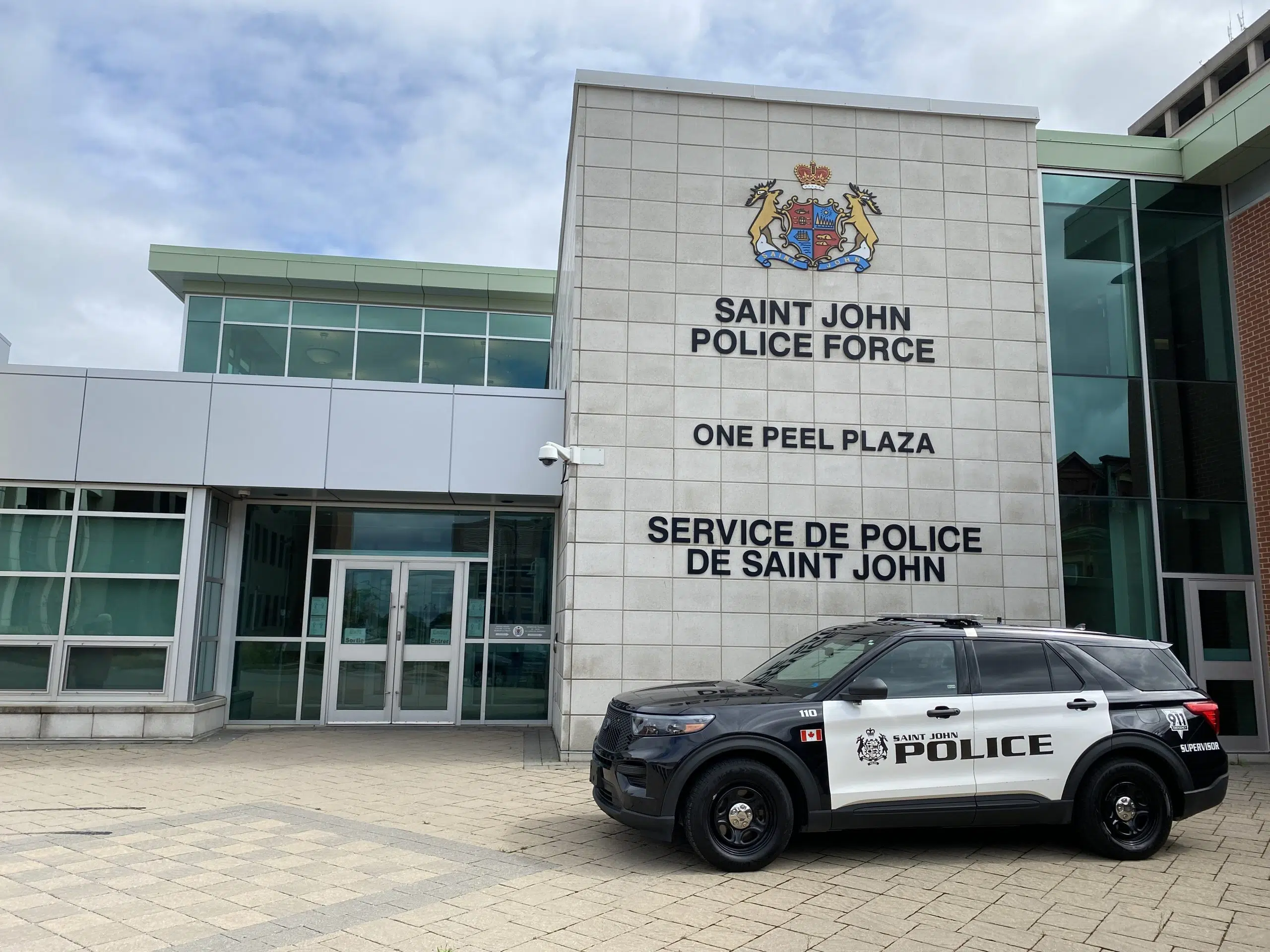A group of representatives from across Saint John has teamed up with the Saint John Police Force.
Saint John police announced the implementation of the Chief’s Community Action Group (CCAG) this week.
It will focus on bringing together representatives from across a broad spectrum with a shared mission of a safe and healthy Saint John.
The group will address significant issues faced in the city, such as homelessness, substance use, mental health, and youth poverty.
“We got a really good social structure in place in the city, but we have big-city problems in a small city, so we have to be more coordinated, more collaborative in the way we work together,” Chief Robert Bruce said after the monthly meeting of the Saint John Board of Police Commissioners on Tuesday.
“What we decided to do is coordinate a group, which brought a lot of social agencies, municipal government, and provincial government together.
“We brought them all together, and nobody turn down the invite on the first meeting, everybody came, and we all agreed as a city we could do a better job.”
The CCAG has created six subcommittees: Substance Use, Homelessness, Youth Issues, Mental Health, Quick Reaction Teams, and Discharge Planning.
The subcommittees will be led by on-the-ground practitioners with diverse representation from a cross-section of agencies, including municipal and provincial governments.
“We have left the parameters of the sub-committees open, so if they want to have town halls, or if they want to join us on foot patrols, there’s no kind of parameters, I kind of left it to them because we don’t want to control this, as this is all of us, so whatever they want to do just come back and report it to the full committee,” said Bruce.
Bruce explained some of the duties of these sub-committees, especially the Quick Reaction Teams and the Discharge Planning team.
“The Quick Reaction Team is really about if you have somebody outside of office hours that can’t go to some place and [police] end up with them what do we do? What we want is somebody from each one of those groups that we can rely on to come together, some of it may be volunteers, so we have people already saying, ‘hey, we can interject this volunteer group here,’ so lets just coordinate how it’s done so we do it safely, 24 hours, seven days a week,” he said.
“Discharge planning is really about setting people up for success, so if they’ve been institutionalized, or they’re in some sort of rehabilitation they have a road map for the future as opposed to falling back to where they were.”
Member agencies include Coverdale Centre for Women, Addictions and Mental Health, Avenue B Harm Reduction, Human Development Council and Hestia House, among others.




